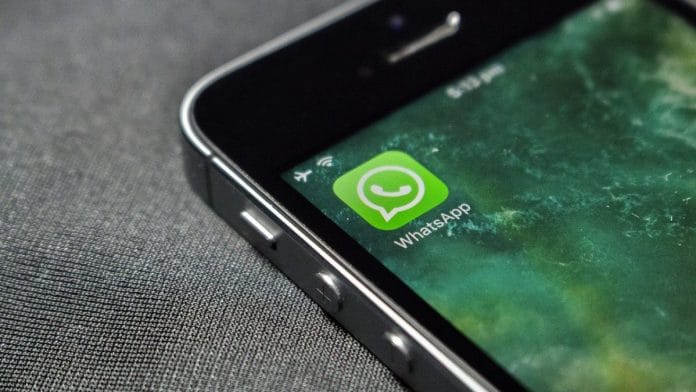Over the last two-three days, a number of Indian journalists and public figures have been at the receiving end of a new wave of co-ordinated online attacks. Right-wing miscreants revealed the phone numbers and email-IDs of public figures such as Barkha Dutt, Ravish Kumar, Prashant Bhushan and others.
I had close to 1000 abusive messages and calls in a Cordinated and violent mob attack. These included a message to shoot me, a nude photo, many sexually abusive messages. I outed the men who did this. Twitter locked me till many of the details were taken down. I wroe this to them pic.twitter.com/XRyx9xbjcV
— barkha dutt (@BDUTT) February 19, 2019
The harassment included non-stop calls and SMSes, but the most powerful tool used was WhatsApp. It’s multi-media, it’s encrypted, everyone uses it. Barkha Dutt also posted a screenshot of someone sending her an image of their genitals. People also try to voice call and video call on WhatsApp.
Also read: Nazi propaganda isn’t dead, it now happens on WhatsApp
A more private platform
There are things WhatsApp has done to make its platform safer. For instance, you can now decide who can see your profile photo on WhatsApp — everybody, only your contacts, or nobody. The same options are given for the ‘last seen’ status and the ‘about’ text.
WhatsApp even allows you to write a profile status and show it to only some of your contacts, or to all contacts, excluding a few selected ones. So teenagers can write profile statuses they don’t want their parents to see, for instance.
You can choose to turn off the double blue tick — so others won’t know if you have read their message or not.
As we speak, WhatsApp is rolling out options to let you decide who can add you to a group. It might look like this:

Yes, you may soon be able to not allow anyone to add you to a WhatsApp group. It’s all about giving users options and control.
Also read: Quitting the school WhatsApp group is the liberation Indians need
Turn off auto download
There’s another useful option WhatsApp gives users that many don’t seem to be aware of. When you are sent an image, video, audio or document on WhatsApp, it is downloaded automatically. This is dangerous as it could bring malware (surveillance, hacking), but it also is an infringement of privacy (those sexually explicit images), besides cluttering your phone’s memory.

But WhatsApp allows you to turn off auto-download of media files. Anyone who cares about privacy and safety should go for the option. And definitely turn off ‘save to camera roll’. You can then choose which images you want to save to camera roll.
Also read: Facebook risks shutdown in India as Modi govt wants more uncensored access to WhatsApp
Let users choose who can message them
Here’s one more step WhatsApp that can take to prevent abuse and harassment from strangers. Currently, anyone can send you a message on WhatsApp. The messenger will ask you if you want to report this and/or block the number since it is not stored in your contacts already.
The messenger can go a step further and give users the option of not getting any messages at all from a number that is already not stored on the user’s phone. So if I don’t already have someone’s number, they shouldn’t be able to message me at all. Having this option will be very useful for public figures who don’t want random people sending them abusive messages, death threats and sexually explicit images.
Those who want to continue receiving messages from unknown numbers should be able to do so.
Here’s an example of abuses journalist Ravish Kumar receives on WhatsApp.
See what Narendra Modi supporters have done to @ravishndtv !! I am just speechless – this country has gone to shameless hand !! What’s the crime of Ravish sir? What he is supposed to do when Narendra Modi has been failing this country everyday? Shame on everyone who is doing this pic.twitter.com/sdsZt7PzN3
— Kumar Amit (@Ikumar7) February 18, 2019
He’s not the only one. There’s only so many numbers a public figure can block and report in a day. And even before a number is blocked and reported, the damage is done.
It is clear that WhatsApp needs to give users the option of not receiving any messages from unknown numbers.






